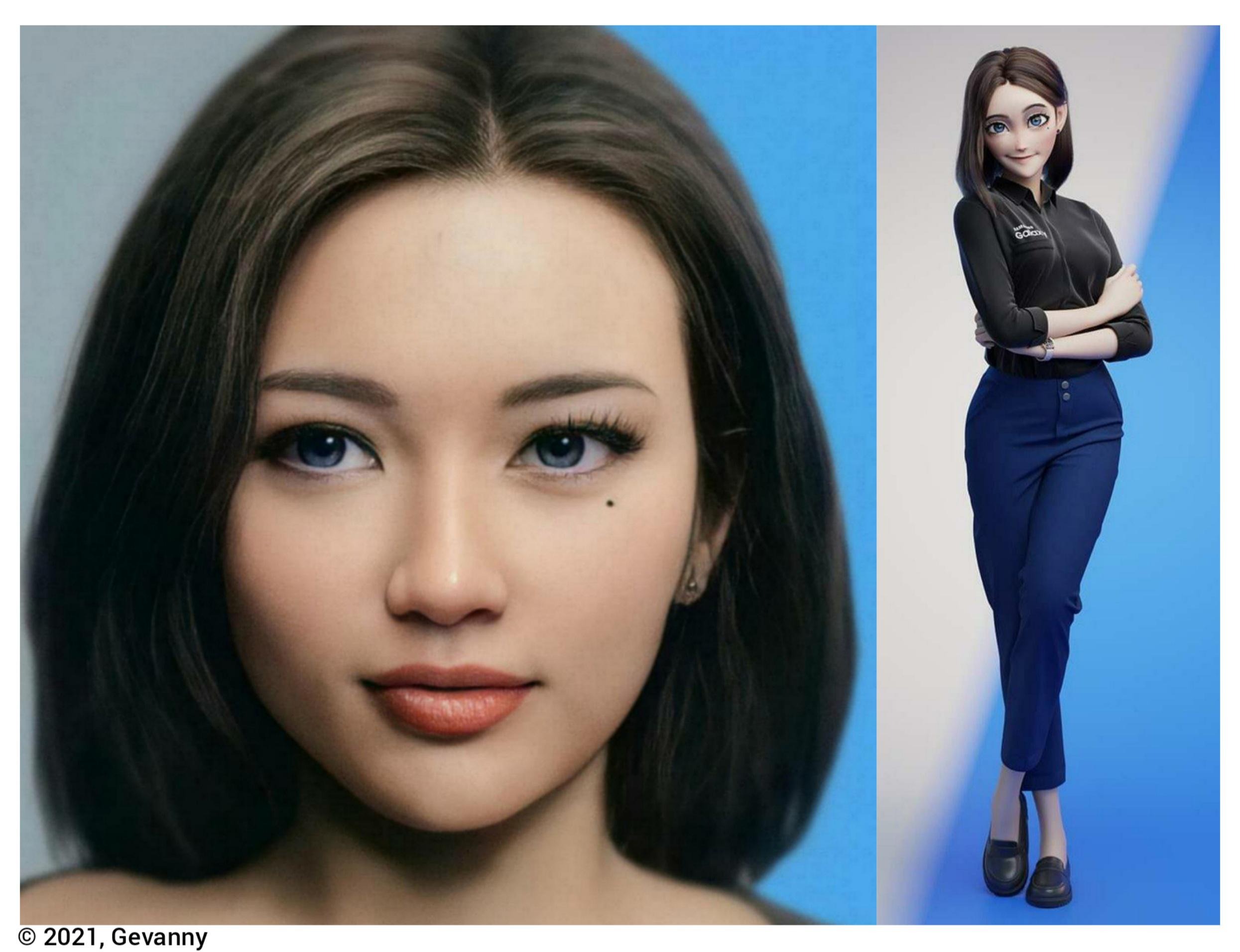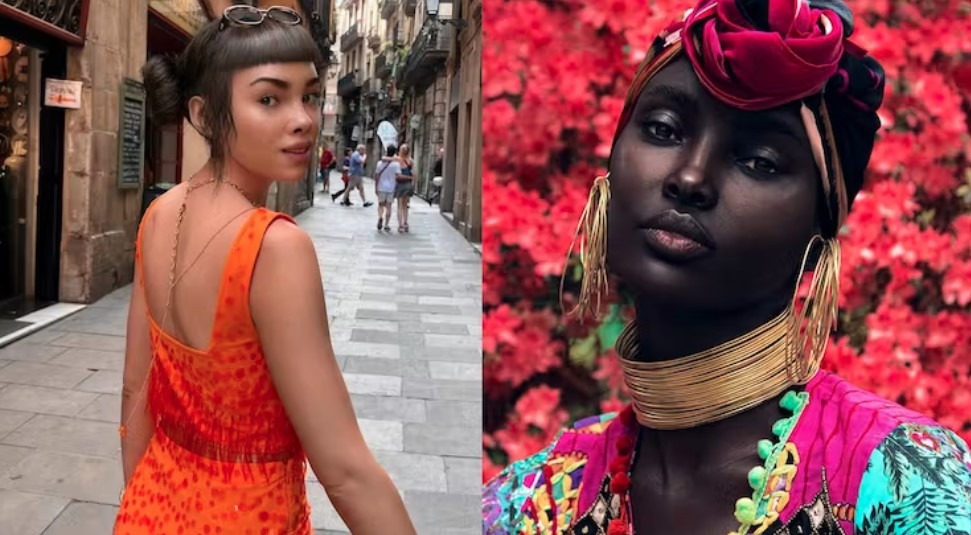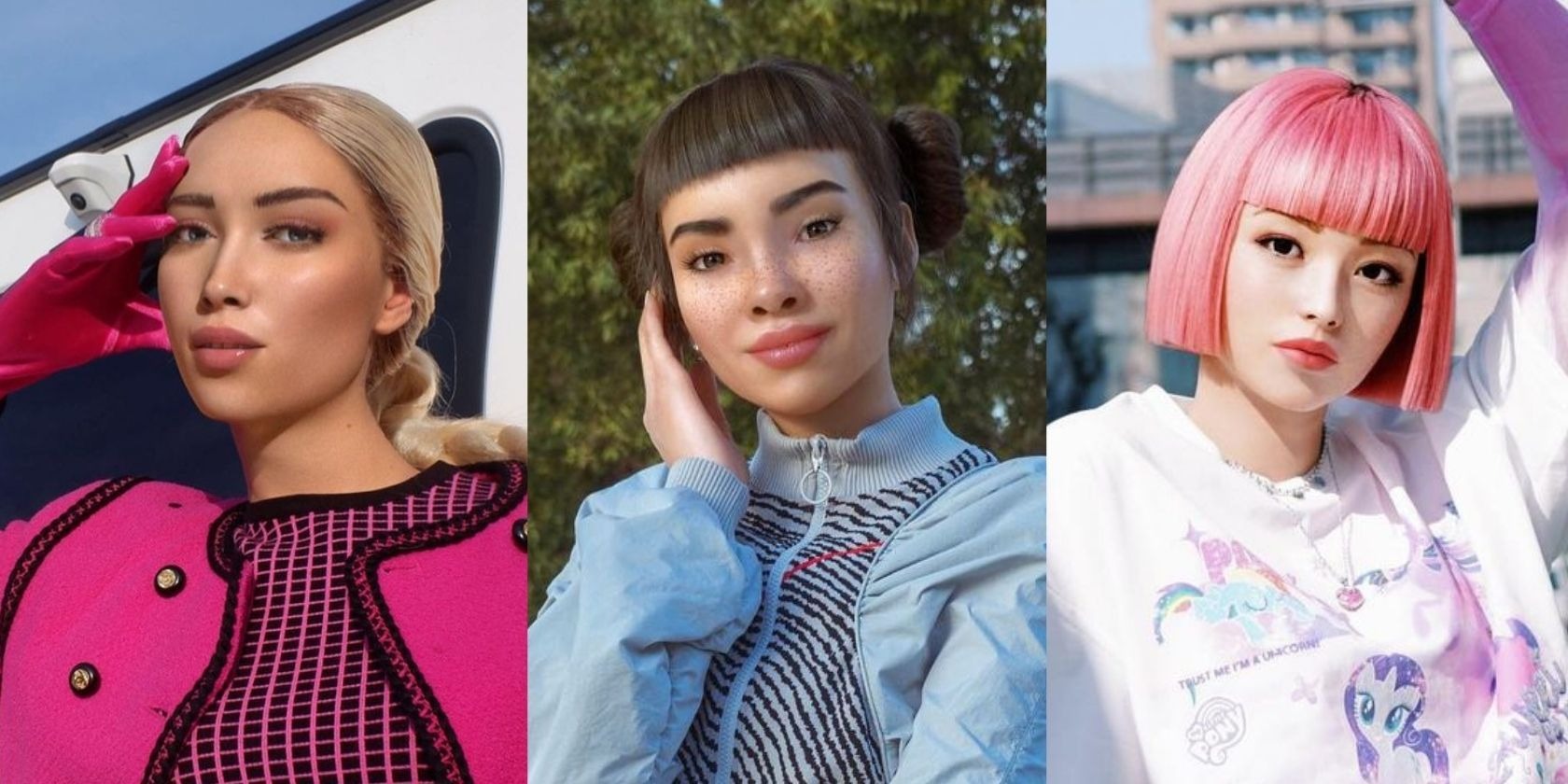🌟 The Rise of Virtual Influencers

AI-generated personas, known as virtual influencers, have gained significant traction on platforms like Instagram and TikTok. These digital creations engage audiences with curated content, often rivaling human influencers in popularity.
-
Lil Miquela: One of the earliest virtual influencers, Lil Miquela has collaborated with major brands and amassed a substantial following.
-
Aitana López: Created by the Spanish company The Clueless, Aitana López is an AI model who earns up to €10,000 a month through brand collaborations and social media presence.
-
Kenza Layli: Crowned the first “Miss AI” in 2024, Kenza Layli represents the growing trend of AI beauty pageants, where digital models compete based on aesthetics and social media influence.
🎤 Deepfake Controversies

The proliferation of deepfake technology has led to unauthorized use of celebrity likenesses, raising ethical and legal concerns.
-
Jamie Lee Curtis: In May 2025, actress Jamie Lee Curtis publicly criticized a fake AI-generated commercial using her likeness without consent. She demanded the removal of the video from Facebook, highlighting the potential damage to her reputation.
-
Taylor Swift: Deepfake ads featuring Taylor Swift have circulated on social media, promoting products without her endorsement. These incidents underscore the challenges in regulating AI-generated content.
🎶 AI in Music and Entertainment

AI-generated artists are making waves in the music industry, blending technology with creativity.
-
Naevis: Developed by SM Entertainment, Naevis is a virtual K-pop idol who debuted with the single “Done” in 2024. Her presence signifies the fusion of AI and pop culture.
-
Noonoouri: This virtual influencer has secured a record deal, illustrating the commercial viability of AI-generated performers.
⚠️ Ethical and Legal Implications

The rise of AI-generated celebrities brings forth questions about authenticity, consent, and the potential for misuse. As technology continues to evolve, establishing guidelines and regulations becomes imperative to protect individuals’ rights and maintain trust in digital content.





